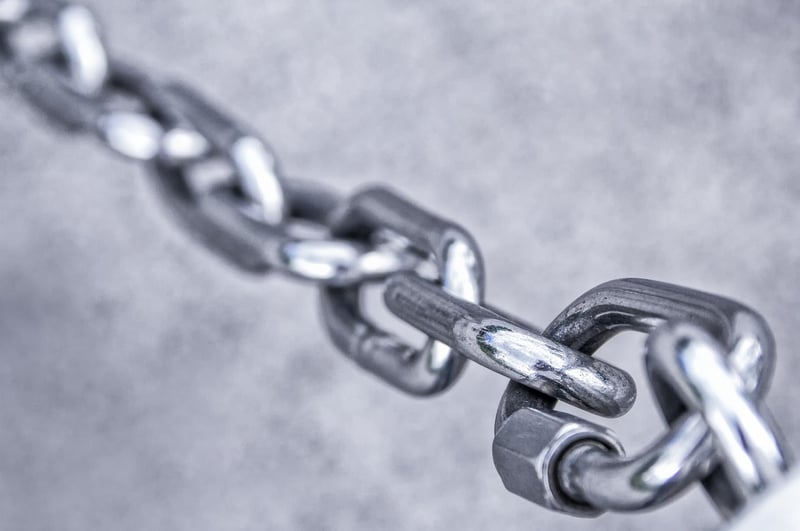Classified Knowledge
The Importance of Guarded and Classified Knowledge
Knowledge is power, and in today's information age, safeguarding sensitive information is more critical than ever. Guarded and classified knowledge are two essential concepts that help protect valuable data and prevent unauthorized access. Let's delve into the significance of these practices and how they contribute to maintaining security and confidentiality.
Guarded Knowledge
Guarded knowledge refers to information that is protected from unauthorized disclosure or misuse. This type of knowledge is often restricted to a select group of individuals who have the necessary clearance to access it. Guarded knowledge can include proprietary business strategies, personal data, trade secrets, and other confidential information that, if exposed, could harm individuals or organizations.
By guarding sensitive knowledge, companies can maintain a competitive advantage, protect their intellectual property, and ensure the privacy of their stakeholders. Implementing robust security measures such as encryption, access controls, and employee training can help prevent data breaches and unauthorized disclosures.
Classified Knowledge
Classified knowledge takes protection to the next level by assigning specific levels of security clearance to information based on its sensitivity. This system is commonly used by governments and military organizations to safeguard national security interests. Classified knowledge is typically classified into levels such as top secret, secret, and confidential, with each level dictating the level of access and protection required.
Access to classified knowledge is strictly controlled, and individuals must undergo thorough background checks and training to handle such information. Breaching classified knowledge can have severe consequences, including legal repercussions and jeopardizing national security.
Conclusion
Guarded and classified knowledge are indispensable tools for protecting valuable information and ensuring the security of individuals, organizations, and nations. By understanding the importance of these practices and implementing robust security protocols, we can mitigate risks, prevent data breaches, and uphold the integrity of sensitive information.
Remember, with great knowledge comes great responsibility. Safeguarding information is not just a best practice; it is a necessity in today's interconnected world.
Image source: Locked Padlock

